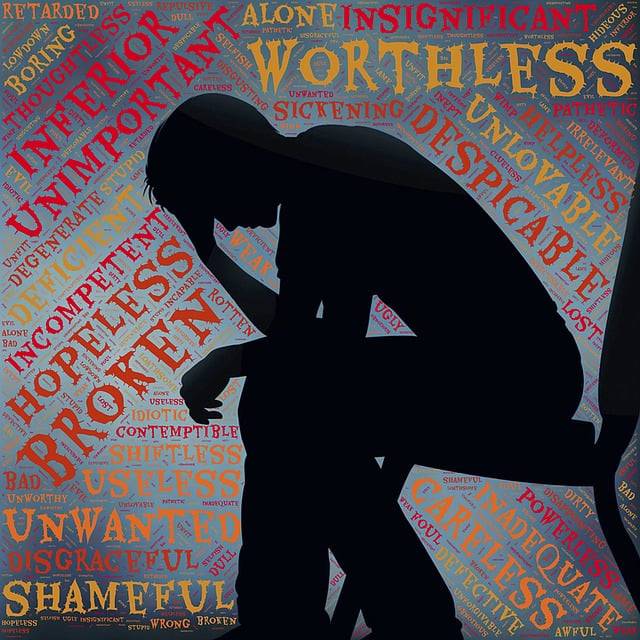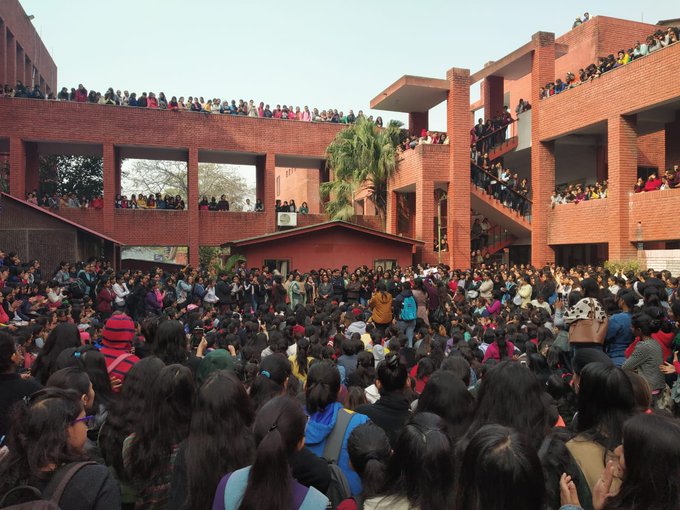As teachers, educators, field practitioners and those composing the greater teaching-learning community most of us would agree that competitive examinations accompanied by performance pressure and ingrained anxiety about the future can have an adverse impact on the life of young people. Yes, mental health is fast becoming a challenge in the age of cut-throat competition and in a large section of students we can witness self-doubt, prolonged anxiety, restlessness and lack of positive self affirmation.
A Sense of Self Doubt in the Age of Hyper Competition
What does one do when faced with pressure from all around whether it is from the family, the peer group and even the society at large? What does one do if one’s intelligence and worth are equated only with qualifying for very select examinations/career options and any kind of deviation or choice of an alternative is quickly labelled in negative terms? Yes, it would not be wrong to say that a profound sense of meaningless is likely to crawl in making it very difficult for one to make sense of life or to listen to one’s inner calling. It is sad that a wide majority of young people end up following the crowd in pursuit of safe career options rather than listening to their inner calling or giving themselves the time to explore a at least a couple of vocations before settling into one that is to their liking.
Competition:Turning Friends Into Foes
Right from an early age we are making young people believe that the only way to survive in this world is by leaving others behind, by competing for resources that are scanty, by being clever and by being ‘smart’ enough to grab opportunities before anybody else.
The sense of competition makes one look at even one’s friends as potential competitors diminishing the very spirit of camaraderie reducing us all into participants in a race where there is only one winner and all others are nothing but mere losers. Our newspapers and news channels transform exam toppers and high scorers into instant celebrities taking their interviews, praising their smartness and even asking them to share tips for success so that other students can be inspired. These young girls and boys are suddenly put at a very high pedestal but at the cost of lakhs of those who have either failed to clear the examinations or have scored poor marks. In the age of social media imagine how a student who has unable to keep up to the expectations of the society would feel looking at the all pervading images and mentions of the so called ‘toppers’? Would she/he not feel wounded, inadequate, incapable and in worst case scenarios even worthless?
Unbearable Pressure Turns Life Into a Misery
Undoubtedly such a student would feel let down and this could have adverse impacts on his/her mental health and general wellbeing. With loneliness, no one to share one’s deepest emotions with and a deeply judgemental social milieu around, many young people decide to take their own lives. For any sensitive mind, the alarming rate of student suicides in India is a matter of grave worry.
National Crime Records Bureau’s (NCRB) Accidental Deaths & Suicides in India (ADSI) report, shows that over 13,000 students died by suicide in 2021 in India at the rate of more than 35 every day, a rise of 4.5 per cent from the 12,526 deaths in 2020 with 864 out of 10,732 suicides being blamed on “failure in examination.” This clearly shows that the number of deaths by suicide among students had rapidly risen by 4.5 per cent in 2021. Maharashtra had the highest number of student deaths by suicide followed by Madhya Pradesh and Tamil Nadu. Recently after the declaration of the results of the Board Examinations several students from different parts of the country committed suicide. This has become almost an annual ritual but we fail to take adequate steps in order to take matters into hand and make the learning ecosystem less hostile for young learner. Year after year the same story is repeated and we continue to lose precious lives.
In a country where seeking help for mental wellbeing continues to be a taboo and at a time when judgement and ridicule leave no space for empathic communication, many students feel left out and even disenchanted. This invites us to reflect on redefine much of our education system including curriculum, assessment and the very purpose of teaching-learning. It is high time we overcame the fetish of toppers and the myth of success that alienates rather than incorporates. We are losing young men and women to suicides and it is high time we changed things for the better.














